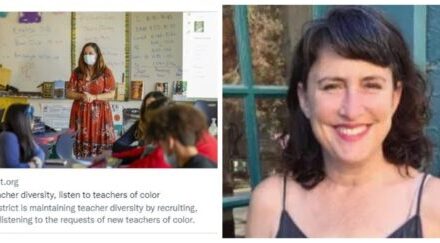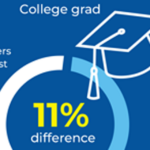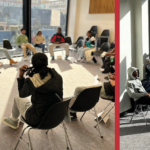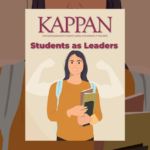Mike Petrilli’s latest foray into Twitter analytics attempts to determine not just rankings (via Klout) but also tone and emotion. His conclusion: It appears that many of the leading tweeters in education policy are “arrogant/distant,” meaning we are “well read” and “use big words.” Good for us!”
From a media perspective, there’s one other thing to add: The top list this year doesn’t include many journalists.
There are no EdWeek reporters, for example — thanks to the Klout ranking system and Petrilli’s refusal to use number of followers. The only journalists on the list this year are me, HuffPost’s Joy Resmovits, Chalkbeat’s Elizabeth Green, and Vox’s Libby Nelson.
There are obvious reasons that journalists might not make the top list. They are many of them required to play it straight and don’t get into Twitter wars as much as advocates. They have to go off and produce original reported pieces, which gets in the way of being on Twitter all the time. Others share so much of others’ work on Twitter rather than espousing their own views that their Klout rankings are diluted.
However, this isn’t the first time a look at Twitter debate on education revealed a notable absence of journalists: New Study Suggests Journalism Being Left Out Of Education Debate. As I noted then, just 13 of 158 high-volume “transmitters” (8 percent) are journalists. Just 22 (16 percent) of 139 “transceivers” (who pass information along and have their tweets shared) are journos/media outlets. Just 3 media outlets qualify for the list of 41 “transcenders” (the elite group in the study).
ABOUT THE AUTHOR

Alexander Russo
Alexander Russo is founder and editor of The Grade, an award-winning effort to help improve media coverage of education issues. He’s also a Spencer Education Journalism Fellowship winner and a book author. You can reach him at @alexanderrusso.
Visit their website at: https://the-grade.org/











